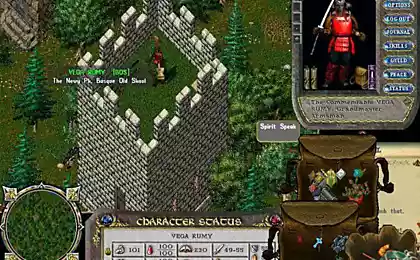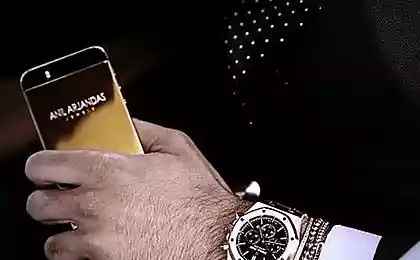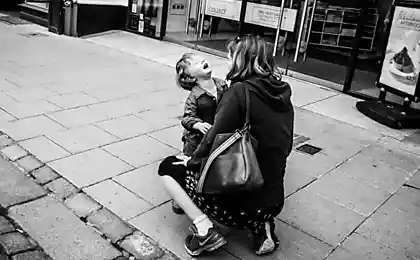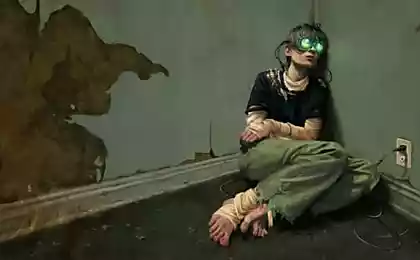459
Stubborn toddler and 6 of the symptoms of the crisis 3 years
On the approach to the crisis, there is a clear cognitive symptoms:
1. A keen interest in his image in the mirror.
2. The child puzzled her appearance, concerned with how he looks in the eyes of others.
The girls interest in the outfits; the boys begin to show concern for their effectiveness, for example, in the design. Overreacting to failure.

Crisis 3 years refers to the number of acute. The child is uncontrollable, berserk. The behavior is almost impossible to correct. Period difficult for both the adult and the child.
The symptoms are called the seven sisters of the crisis 3 years .
1. Negativism. Not a reaction to the content of the proposal adult, and the fact that it comes from adults. The desire to do the opposite, even against their own will.
2. Stubbornness. The child insists on something, not because he wants to, but because it was demanded, he is bound by his initial decision.
3. Obstinacy. It is impersonal, directed against the education standards, way of life, which was formed up to three years.
4. Self. Is committed to do everything himself.
5. Protest-riot. Child at war and conflict with others.

6. A symptom of the devaluation is that the child begins to swear, to tease and to call parents.
7. Despotism. Child forces parents to do all that he requires. In relation to younger sisters and brothers despotism manifests itself as jealousy.
This period occurs as a crisis of social relations and is associated with the formation of the identity of the child. Appears in position "I". The child knows the difference between "should" and "want".
If the crisis is slow, this indicates a delay in the development of affective and volitional aspects of the personality. In children begins to form will that E. Erikson called autonomy (independence, autonomy). Children no longer need care from adults and strive to make choices. A sense of shame and doubt instead of autonomy arise when parents limit the manifestation of independence of a child is punished or ridiculed any attempt of independence.
Also interesting: 5 signs of speech delays about which to worry
How to behave with children from 3 to 18
Zone of proximal development of the child is finding the "can": he must learn to correlate their "want" with "must" and "impossible", and on this basis to determine their "can". The crisis is delayed, if an adult in the position of "want" (permissiveness) or "no" (prohibitions). You should give the child a sphere of activity where he could show independence.
The field is in the game. As said E. Erickson: "the Game with its special rules and norms, which reflect social relations, serves to the safe island, where he can develop and test their independence, independence." published
From the book by R. P. Efimkina "child psychology"
Source: /users/4
1. A keen interest in his image in the mirror.
2. The child puzzled her appearance, concerned with how he looks in the eyes of others.
The girls interest in the outfits; the boys begin to show concern for their effectiveness, for example, in the design. Overreacting to failure.

Crisis 3 years refers to the number of acute. The child is uncontrollable, berserk. The behavior is almost impossible to correct. Period difficult for both the adult and the child.
The symptoms are called the seven sisters of the crisis 3 years .
1. Negativism. Not a reaction to the content of the proposal adult, and the fact that it comes from adults. The desire to do the opposite, even against their own will.
2. Stubbornness. The child insists on something, not because he wants to, but because it was demanded, he is bound by his initial decision.
3. Obstinacy. It is impersonal, directed against the education standards, way of life, which was formed up to three years.
4. Self. Is committed to do everything himself.
5. Protest-riot. Child at war and conflict with others.

6. A symptom of the devaluation is that the child begins to swear, to tease and to call parents.
7. Despotism. Child forces parents to do all that he requires. In relation to younger sisters and brothers despotism manifests itself as jealousy.
This period occurs as a crisis of social relations and is associated with the formation of the identity of the child. Appears in position "I". The child knows the difference between "should" and "want".
If the crisis is slow, this indicates a delay in the development of affective and volitional aspects of the personality. In children begins to form will that E. Erikson called autonomy (independence, autonomy). Children no longer need care from adults and strive to make choices. A sense of shame and doubt instead of autonomy arise when parents limit the manifestation of independence of a child is punished or ridiculed any attempt of independence.
Also interesting: 5 signs of speech delays about which to worry
How to behave with children from 3 to 18
Zone of proximal development of the child is finding the "can": he must learn to correlate their "want" with "must" and "impossible", and on this basis to determine their "can". The crisis is delayed, if an adult in the position of "want" (permissiveness) or "no" (prohibitions). You should give the child a sphere of activity where he could show independence.
The field is in the game. As said E. Erickson: "the Game with its special rules and norms, which reflect social relations, serves to the safe island, where he can develop and test their independence, independence." published
From the book by R. P. Efimkina "child psychology"
Source: /users/4
























